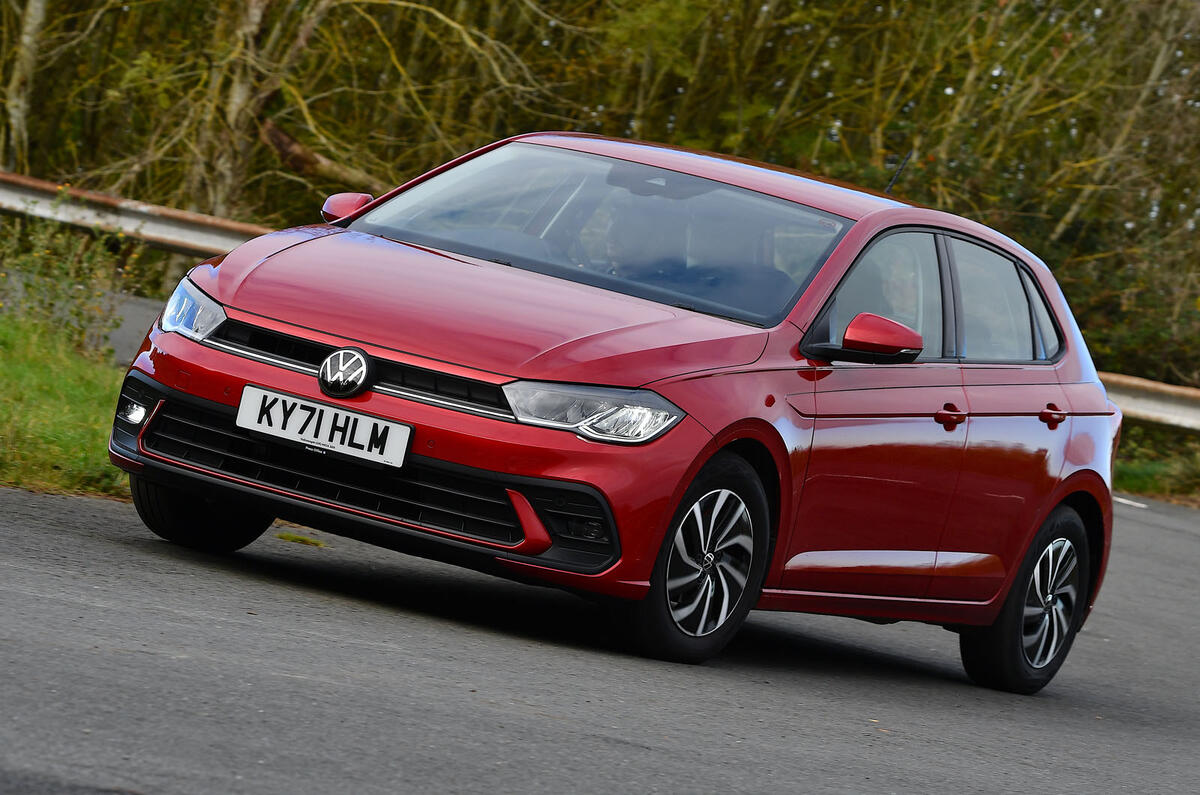Volkswagen is prepared to pull its small cars off sale rather than engineer them to meet costly new Euro 7 emission regulations, which could add as much as €5000 to the cost of a car.
CEO Thomas Schäfer said engineers at the company were currently assessing the regulations, and a decision was expected within the next couple of weeks as to whether or not they would proceed.




Join the debate
Add your comment
So another £5k on *all* cars then,
That £8k Dacia of 2020 will be £25k by 2025.
Well, they'll certainly achieve their aim of pricing the plebs off the road.
Idiots all round. Crazy regulations but also manufacturers who assume I want a CHEAP small car. I like a small car as our second car for local use. But I don't want a cheap one. I'd like a luxury small car. But they'd rather sell 2 tonne SUVs to school run mums whereas they could easily alter the zeitgeist and make small luxury the thing to have. Hopefully electric small cars will have luxury options.
The cynic in me says that what the VW group is really saying is that they only really want to sell expensive cars to, make big profits, and they can more easily get away with that with larger vehicles.
But haven't Audi already said some time ago that they wouldn't be replacing the A1, and that the entry point into Audi ownership would be with a larger model? On the other hand MG have just said that the replacement for the MG3 will still be petrol powered, so there are mixed messages coming across right now.
The cynic in me thinks that VW are really saying that they only want to make bigger, higher profit models, something not as easy to do with smaller vehicles.